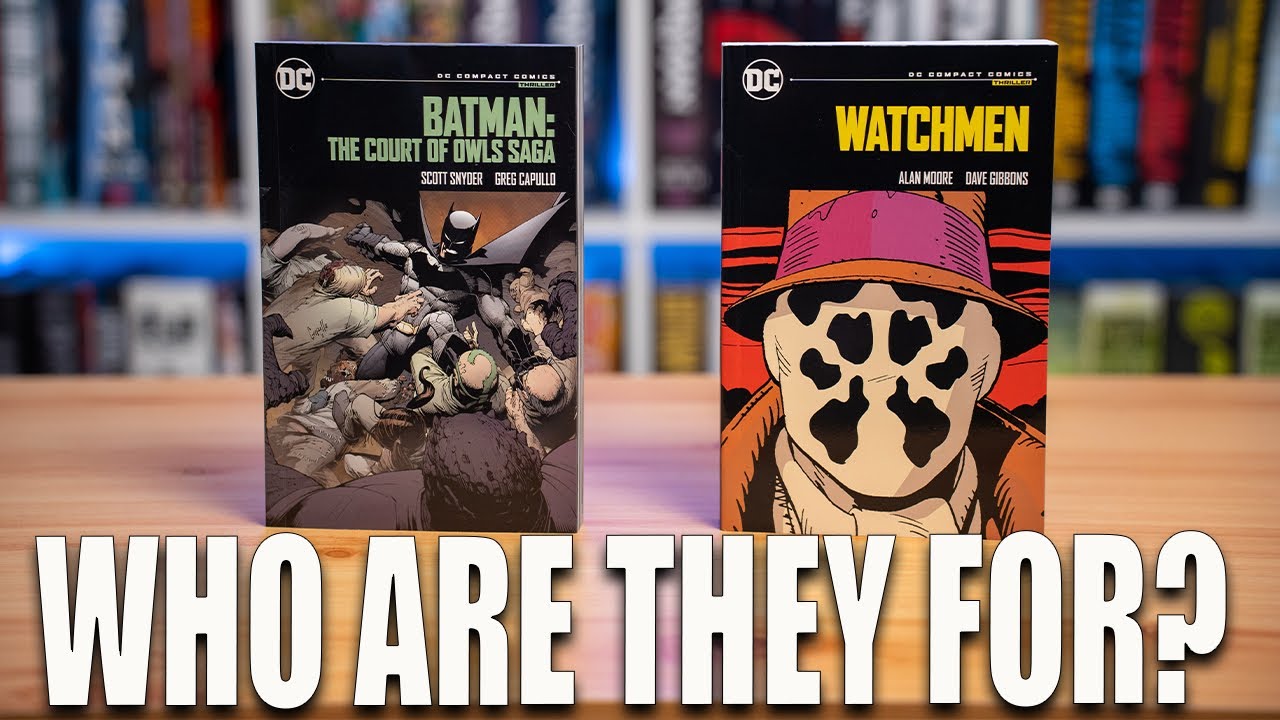Top 5 Ways Homelander Meets His End in the Comics

Top 5 Ways Homelander Meets His End in the Comics
In the realm of comic books, few characters elicit the response that Homelander does. As the chief antagonist of "The Boys" series, his journey represents a twisted narrative of heroism and moral ambiguity. Homelander epitomizes a superhuman figure that embodies both power and vulnerability, compelling readers to reconcile his villainous traits with moments of depth. This article delves into the various deaths of Homelander as depicted in the comics, exploring key plot points, character dynamics, and the inevitable consequences of his actions.
Understanding Homelander's demise provides insight into the broader themes of "The Boys," including the critique of traditional superhero narratives. Here, we explore the top five ways in which Homelander meets his end, focusing on plot twists, character relationships, and the moral implications behind his fate. Each scenario reveals the complexity of his character and the dramatic stakes involved in his downfall.
Ultimate Confrontation: Homelander vs. Butcher
Final Showdown and Its Implications
The climax of Homelander's story arc is undoubtedly characterized by his intense and lethal confrontations with Butcher. These encounters encapsulate the tension between an antihero and a villain, showcasing the layered dynamics of vengeance and justice. In their climactic battle, the stakes rise as Butcher, fueled by personal loss and a desire for retribution, challenges Homelander in a high-stakes showdown.
Through their conflict, the narrative showcases the culmination of Homelander's violent ethic and Butcher's relentless pursuit of justice. This fierce battle not only serves as an explosive conclusion to their rivalry but also acts as a pivotal moment reflecting the overarching themes of moral decay and heroism in "The Boys." Exploring this conflict allows readers to appreciate the depth of their opposing philosophies and how power dynamics fuel their encounters.
Character Relationships and the Role of Betrayal
Homelander's downfall is significantly influenced by his relationships with others within the series. Betrayal is a recurring element, particularly in regards to his former allies and the organization he represents. These relationships ultimately contribute to his isolation and vulnerability as he faces Butcher. The emotional stakes are elevated as personal connections become sources of conflict, illustrating how Homelander's choices lead to an inevitable clash.
As the narrative progresses, readers see how these betrayals affect Homelander's psyche, showcasing his increasingly desperate attempts to establish control at a high cost. The interplay between his connections and conflicts fosters a rich ground for character development and thematic resonance, setting the stage for his eventual demise.
The Role of Public Perception: Homelander's Fall from Grace
Media Influence on Heroism
A significant aspect contributing to Homelander's downfall is the changing public perception. As a character steeped in media portrayals that oscillate between adulation and criticism, his fall from grace is chronicled in the reactions of the society around him. The comic intricately explores how the media shapes the narrative of heroism and villainy, ultimately influencing Homelander's trajectory.
This evolving dynamic is critical in understanding his inevitable demise; as the public begins to see through his façade, the cracks in his character become evident. His reliance on public adoration crumbles, leading to a crisis that accelerates his downfall.
Reflections on Morality and Ethics
Homelander’s journey raises complex questions about morality in the superhero genre. The examination of his character arc invites readers to confront the ethical implications of power and the societal expectations placed upon heroes. As he grapples with the reality of his actions, Homelander embodies the tragic hero — a figure whose moral failings lead to catastrophic consequences.
This exploration of morality intertwines with the narrative structure of "The Boys," creating a deeper understanding of antihero narratives within comic books. Homelander’s eventual reckoning serves as a poignant reminder of the ramifications of moral decay, compelling readers to reflect on the true nature of heroism.
Violent Resolutions: Death and Redemption in Comics
Graphic Misery and Illustration of His End
In the brutal world of "The Boys," the graphic content surrounding Homelander's potential deaths offers harsh reflections on the nature of violence in comics. His graphic demises, depicted through a blend of intense illustrations and storytelling, provide a stark reminder of the high stakes within the genre. Fans often engage with these moments, as they uncover the layered thematic elements attached to violence and its impact on character development.
The culmination of this violence not only signifies the end of Homelander as a character but also sparks dialogue surrounding the use of graphic elements in storytelling. By analyzing these depictions, readers can engage with the moral complexities inherent in his narrative and the implications of violence within the broader comic book culture.
Redemption Arcs and Final Messages
Despite the grim conclusions that Homelander faces, the notion of potential redemption is present throughout his storyline. Understanding the moral imperatives that govern his character invites discussions surrounding the possibilities of redemption in the narrative. As his story unfolds, readers may question the integrity of his choices and whether any path to redemption was available for him.
This theme of redemption offers a lens through which to analyze superhero narratives, particularly regarding the aftermath of violence and the possibility of resurrection in comic book lore. Ultimately, the exploration of such themes deepens the impact of Homelander's demise, leaving readers with thought-provoking reflections on heroism and morality.
Conclusion: Homelander's Legacy in The Boys
Homelander’s multifaceted character arc is emblematic of the broader themes present in "The Boys." His ultimate confrontations, fall from grace, and violent resolutions shape a narrative rich in emotional depth and societal critique. By examining the ways in which he meets his end, readers are prompted to reflect on the implications of heroism, power, and ethical dilemmas faced by characters within the comic book universe.
As the series progresses, Homelander's legacy leaves a notable impact on the genre, inviting critical discussions on the portrayal of superheroes, moral complexity, and the blurred lines between hero and villain. In the end, Homelander’s demise serves as a profound commentary on the consequences of unchecked power and the moral dilemmas inherent in a world that deconstructs traditional notions of heroism.
 example.com/image2.png
example.com/image2.png
 example.com/image3.png
example.com/image3.png